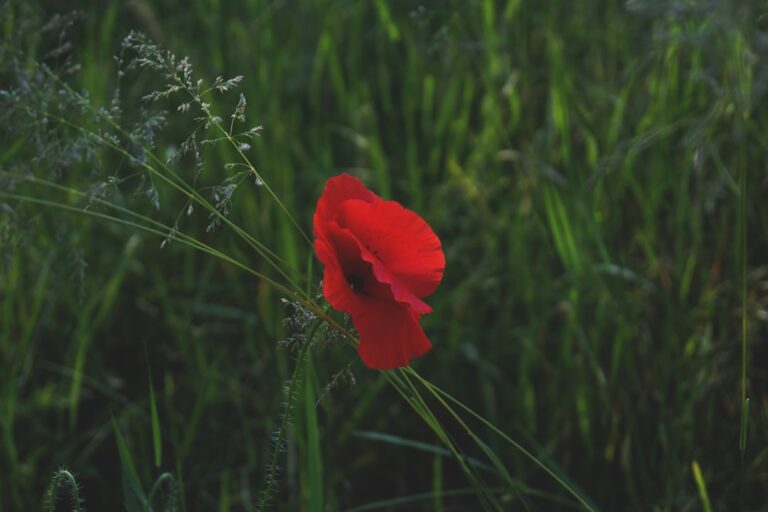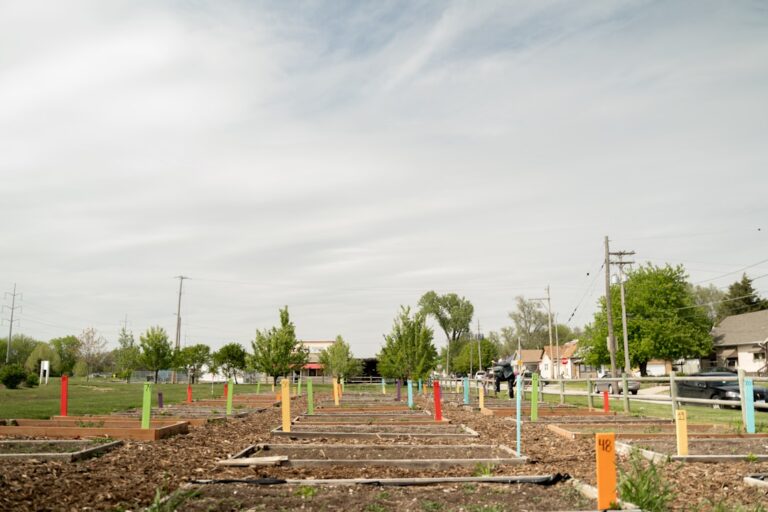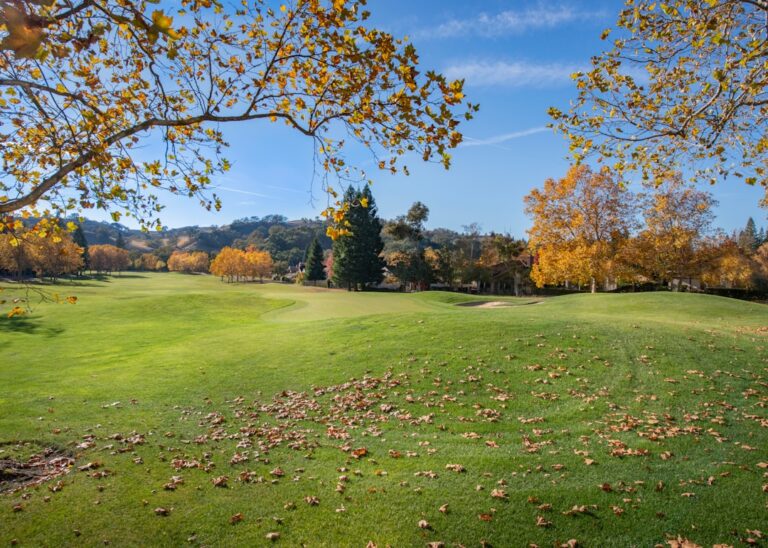Grassroots music embodies the spirit of community, creativity, and authenticity. It emerges from the very fabric of local cultures, often reflecting the unique experiences, struggles, and aspirations of the people who create it. Unlike mainstream music, which is frequently shaped by commercial interests and mass marketing, grassroots music thrives on personal narratives and local traditions.
This genre serves as a powerful medium for self-expression, allowing artists to share their stories and connect with audiences on a deeply emotional level. The rawness and sincerity of grassroots music resonate with listeners, creating a sense of belonging and shared experience that is often absent in more commercialized forms of entertainment. Moreover, grassroots music has the ability to transcend geographical boundaries, uniting individuals from diverse backgrounds through shared themes and emotions.
Songs born from local experiences can touch hearts far beyond their origins, fostering empathy and understanding among listeners. This universality is particularly evident in genres such as folk, blues, and world music, where the narratives often address universal human experiences—love, loss, joy, and struggle. As a result, grassroots music not only serves as a reflection of local culture but also as a bridge that connects people across different walks of life, promoting a sense of global community.
Key Takeaways
- Grassroots music has the power to bring people together and create a sense of community and belonging.
- Songwriting can be a powerful tool for building connections and fostering a sense of community among people from diverse backgrounds.
- Grassroots music can be a powerful platform for advocacy and activism, allowing artists to raise awareness and inspire change.
- Music plays a vital role in preserving and celebrating cultural traditions, helping to pass down heritage and history through generations.
- Grassroots music has the potential to drive social change and address important issues within communities.
Building Community through Songwriting
Songwriting in grassroots music is often a collaborative process that brings together individuals from various backgrounds to create something meaningful. This collaborative spirit fosters a sense of community, as musicians share their ideas, experiences, and emotions through their lyrics and melodies. Workshops and songwriting circles are common in grassroots movements, where participants are encouraged to express themselves freely and support one another in their creative endeavors.
These gatherings not only enhance individual artistic skills but also strengthen communal bonds, as participants find common ground in their shared experiences and aspirations. The act of songwriting itself can be a powerful tool for healing and empowerment within communities. For instance, in marginalized neighborhoods or areas affected by social issues, songwriting workshops can provide a safe space for individuals to articulate their feelings and experiences.
By transforming pain into art, participants can reclaim their narratives and foster resilience within their communities. This process not only cultivates individual creativity but also reinforces collective identity, as songs often reflect the shared struggles and triumphs of the group. Through this communal approach to songwriting, grassroots music becomes a vehicle for both personal expression and social cohesion.
Advocacy and Activism in Grassroots Music

Grassroots music has long been intertwined with advocacy and activism, serving as a powerful platform for social change. Many artists use their music to raise awareness about pressing social issues such as inequality, environmental degradation, and human rights violations. Through poignant lyrics and compelling melodies, these musicians can inspire listeners to take action and engage with the causes they care about. For example, during the civil rights movement in the United States, artists like Bob Dylan and Joan Baez used their songs to galvanize support for social justice, creating anthems that resonated with the struggles of the time. In contemporary contexts, grassroots musicians continue to harness the power of their art for advocacy.
Events such as benefit concerts or community gatherings often feature local artists who perform songs that address specific social issues relevant to their communities. These performances not only entertain but also educate audiences about important topics, encouraging them to become more informed citizens. Additionally, many grassroots musicians actively participate in campaigns or initiatives that align with their values, using their platforms to amplify marginalized voices and promote social justice.
Cultural Preservation and Celebration through Music
| Country | Music Genre | Events | Artists |
|---|---|---|---|
| India | Classical | Music festivals, concerts | Ravi Shankar, Lata Mangeshkar |
| Ireland | Traditional Irish | Ceilidhs, Fleadh Cheoil | The Chieftains, Enya |
| Jamaica | Reggae | Reggae Sumfest, Rebel Salute | Bob Marley, Jimmy Cliff |
Grassroots music plays a crucial role in preserving cultural heritage and celebrating local traditions. In many communities, music serves as a repository of history, passing down stories, customs, and values from one generation to the next. Traditional songs often encapsulate the essence of a culture, reflecting its unique rhythms, instruments, and lyrical themes.
By engaging with these musical traditions, grassroots artists not only honor their heritage but also ensure that it remains alive for future generations. Festivals dedicated to specific cultural traditions often showcase grassroots music as a means of celebration and preservation. These events provide a platform for local musicians to perform traditional songs while also introducing contemporary interpretations that resonate with younger audiences.
For instance, festivals celebrating Indigenous cultures often feature traditional drumming and singing alongside modern adaptations that incorporate elements of hip-hop or rock. This blending of old and new not only keeps cultural practices vibrant but also fosters intergenerational dialogue about identity and heritage.
Music as a Tool for Social Change
The transformative power of music extends beyond mere entertainment; it can serve as a catalyst for social change. Grassroots musicians often harness this potential by addressing societal issues through their art. Songs that tackle themes such as poverty, discrimination, or environmental justice can inspire listeners to reflect on their own beliefs and actions.
For example, the song “Fight the Power” by Public Enemy became an anthem for resistance against systemic racism and inequality, galvanizing a generation to advocate for change. Moreover, grassroots music can mobilize communities around specific causes. Benefit concerts organized by local artists can raise funds for social initiatives or disaster relief efforts while simultaneously raising awareness about critical issues.
These events create a sense of urgency and solidarity among attendees, encouraging them to take action beyond the concert venue. The collective experience of singing along to powerful anthems can ignite passion and commitment among individuals who may have previously felt isolated in their concerns.
Connecting Across Generations with Grassroots Songs

The Power of Intergenerational Connection
Traditional folk songs often serve as a bridge between older and younger generations, allowing them to engage in meaningful conversations about their cultural heritage. When grandparents share songs from their youth with grandchildren, they not only pass down musical knowledge but also impart valuable life lessons embedded within those lyrics.
Fostering Understanding and Appreciation
This intergenerational exchange fosters understanding and appreciation for the past while encouraging younger generations to carry forward these traditions. Additionally, grassroots musicians frequently draw inspiration from historical songs or styles while infusing them with contemporary elements that resonate with modern audiences.
Blending Influences and Encouraging Dialogue
This blending of influences creates a dynamic musical landscape where older songs are reinterpreted through fresh perspectives. For instance, artists may take traditional bluegrass melodies and incorporate elements of hip-hop or electronic music, making them accessible to younger listeners who might not otherwise engage with those genres. This cross-pollination of styles not only keeps traditional music alive but also encourages dialogue between generations about the evolution of cultural expression.
Empowering Local Artists and Musicians
Grassroots music movements are instrumental in empowering local artists by providing them with platforms to showcase their talents and connect with audiences. Unlike mainstream music industries that often prioritize commercial viability over artistic integrity, grassroots initiatives focus on nurturing local talent and fostering creativity within communities. Open mic nights, community radio stations, and local festivals create opportunities for emerging musicians to perform in front of supportive audiences who appreciate their artistry.
Furthermore, grassroots movements often emphasize collaboration over competition among artists. By fostering an environment where musicians can share resources, knowledge, and connections, these initiatives help build a supportive ecosystem that nurtures creativity. Local artists are encouraged to collaborate on projects or participate in collective performances that highlight their diverse talents while reinforcing community bonds.
This collaborative spirit not only enhances individual artistic growth but also strengthens the overall cultural fabric of the community.
Grassroots Music Festivals and Events: Fostering Unity and Connection
Grassroots music festivals serve as vibrant celebrations of local culture while fostering unity among diverse communities. These events bring together musicians from various backgrounds to share their art with audiences who appreciate authenticity over commercial appeal. Festivals often feature a mix of established artists alongside emerging talent, creating an inclusive atmosphere where everyone feels valued for their contributions.
In addition to showcasing musical performances, grassroots festivals frequently incorporate workshops, discussions, and interactive activities that engage attendees on multiple levels. These elements encourage participants to connect not only through music but also through shared experiences and learning opportunities. For instance, workshops on songwriting or instrument-making allow attendees to explore their creativity while building relationships with fellow participants.
Through these gatherings, grassroots music becomes a powerful force for connection—uniting individuals across differences while celebrating the richness of local cultures. The shared experience of enjoying live music fosters camaraderie among attendees who may come from diverse backgrounds but find common ground in their appreciation for artistic expression.
Ultimately, grassroots music festivals exemplify how art can transcend barriers and create lasting connections within communities.
If you are interested in exploring the concept of authenticity and existence in a philosophical context, you may find this article on Heidegger’s philosophy intriguing. Just as grass roots songs often convey raw emotions and genuine experiences, Heidegger delves into the idea of authentic existence and being in the world. By understanding the semantics and syntax of Indian logic, as discussed in this article, one can appreciate the depth and complexity of philosophical concepts that may resonate with the heartfelt nature of grass roots music. Additionally, exploring the concept of rasa in Indian aesthetics, as outlined in
























+ There are no comments
Add yours